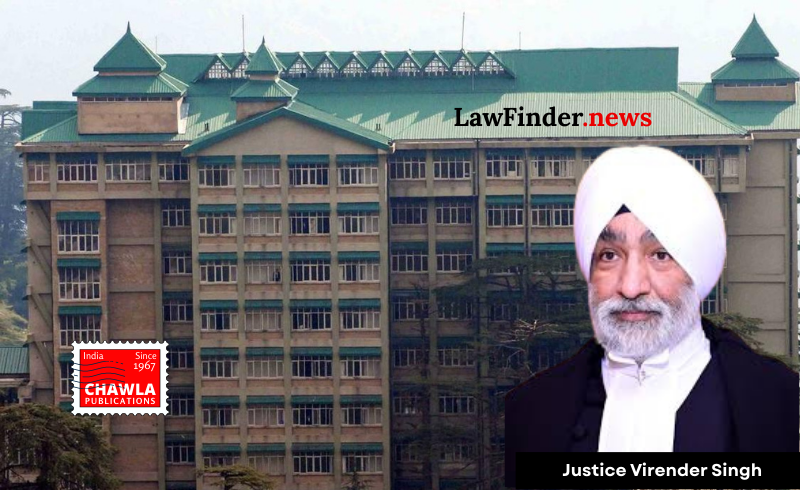Court Quashes Rejection of Parole Plea, Emphasizing Need for Convicts to Maintain Family and Social Ties
In a significant ruling, the Himachal Pradesh High Court has overturned the District Magistrate's decision to deny parole to Kali Dass, a convict serving a 17-year sentence under the Narcotic Drugs and Psychotropic Substances Act, 1985. The court granted Dass a 42-day parole for agricultural purposes, asserting that the rejection of his parole request lacked plausible reasons and was unsustainable in law.
Justice Virender Singh presided over the case, where the petitioner, Kali Dass, sought the court's intervention to quash the rejection order dated August 20, 2025, and requested parole to manage his agricultural affairs. The petitioner had applied for parole on May 17, 2025, but his application was turned down by the District Magistrate, Mandi, citing potential threats to public order and state security.
The court's decision was heavily influenced by the Supreme Court's ruling in Asfaq v. State of Rajasthan, which highlighted the importance of allowing convicts to maintain family and social ties. The Supreme Court had emphasized that parole serves as a means for prisoners to solve personal and family problems and to prepare for reintegration into society.
Despite the District Magistrate's concerns regarding Dass's involvement in a heinous crime and his status as a habitual offender, the court found that these reasons were insufficient to deny parole. The court noted that no specific objections were raised by local authorities, including the Municipal Corporation, Mandi, and the Gram Panchayat, against Dass's release on parole.
The High Court mandated Dass's release on parole, subject to stringent conditions to ensure compliance and public safety. Dass is required to furnish a personal bond of Rs. 1,00,000, along with two sureties of the same amount. The court also stipulated that Dass must surrender to the jail authorities upon the expiration of the parole period and warned that any breach of conditions could lead to the cancellation of parole.
This ruling underscores the judiciary's emphasis on the rehabilitative aspect of the penal system and the need for a balanced approach in considering parole applications, even for convicts involved in serious offenses.
Bottom Line:
The rejection of parole request must be supported by plausible reasons, and the convict should be allowed to maintain family and social ties unless there are substantial grounds related to public safety.
Statutory provision(s): Narcotic Drugs and Psychotropic Substances Act, 1985, Section 20(b)(ii)(c); Article 226 of the Constitution of India
Kali Dass v. State of Himachal Pradesh, (Himachal Pradesh) : Law Finder Doc Id # 2782887




